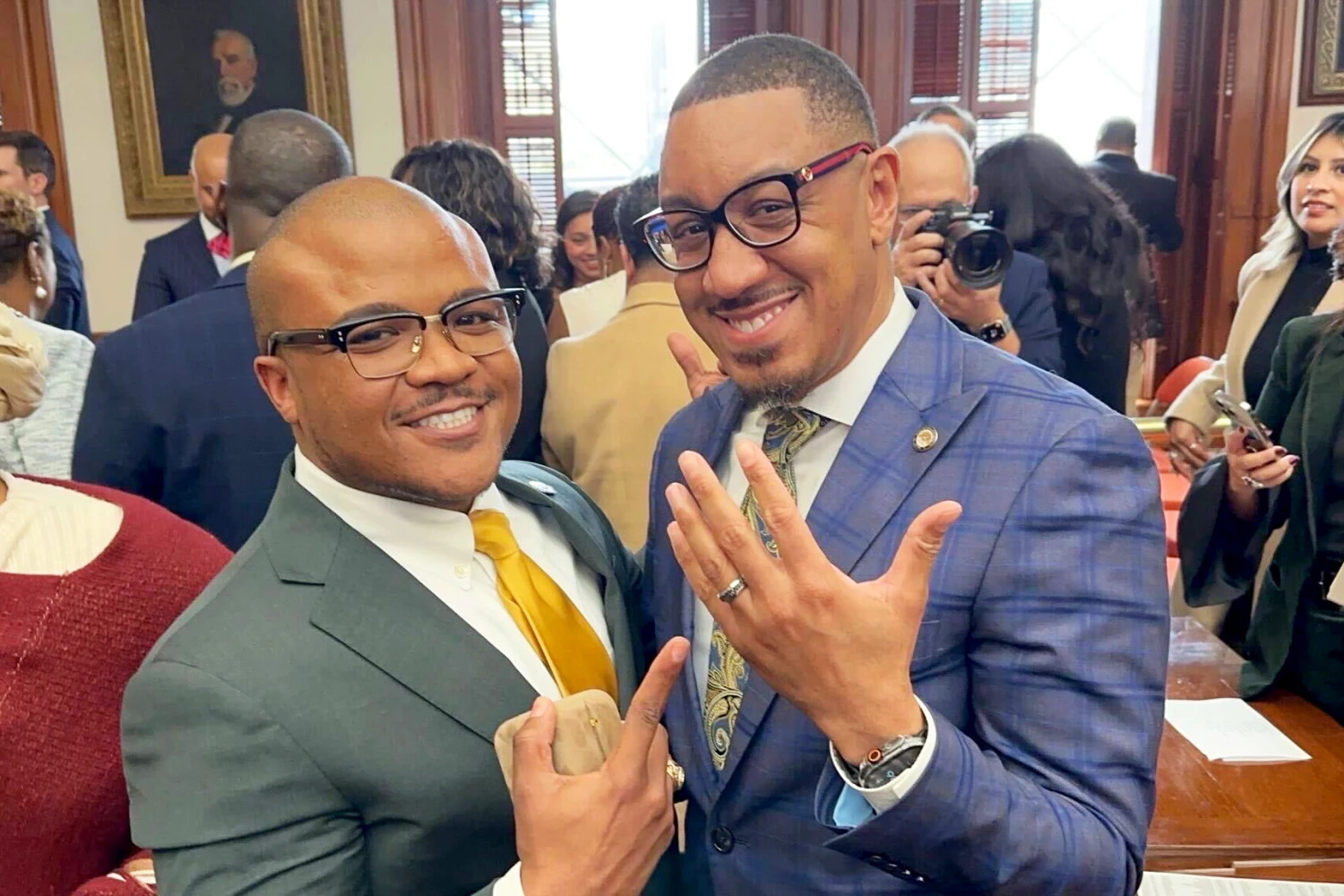

The rightward lean that America tilted
towards on election night was especially felt
throughout the state government in Texas.
The 89th Session of the State Legislature
will begin on January 15th with Republicans
having expanded their control in both houses,
gaining one seat in each chamber respectively.
With a wave of far-right conservatives ousting
numerous incumbents in the Republican
primaries last march, the new majority taking
office will push a more hardlined agenda
coming into January.
With bills beginning to be filed, lawmakers
are expected to push heavily to bring down
property taxes, promote school voucher
programs for private schools, and further target
the LGBT+ community in schools and public
expression. Several bills filed in the House
would seek to implement further restrictions
on transgender individuals. HB 847, filed by
Brian Harrison (R-Waxahachie), would ban
taxpayer resources from going towards “gender
reassignment,” including any health benefits
for gender reassignment for adults with limited
exceptions for intersex cases. HB 778, filed by
Jeff Leach (R-McKinney) would require any
health insurance that covers gender affirming
care to also cover the cost of detransition efforts
as well.
Several other bills go even further to find
and root out any potential case of gender
fluidity even in public life. HB 1123, filed
by Rep. Janie Lopez (R-San Benito) would
require interscholastic athletes to undergo
chromosomal testing before participating
in school events. Similar testing done for
the 1996 Olympics led to universal backlash
after eight female competitors were found to
have previously undisclosed intersex genetics.
Activists fear that chromosomal testing in
Texas public schools would not only lead to
unfair discrimination against transgender
athletes, but also cause a similar wave of fear
and panic that followed the Olympic Games.
Other bills dig deeper into intrusions on
public life, including some that take aim at trans
people using public facilities. HB 239, filed by
Valoree Swanson (R-Spring), which would bar
trans people from using restroom facilities on
publicly-owned buildings in Texas, including
courthouses, parks, transit stops, and major
airports such as DFW. This bathroom ban bill
comes in the wake of a sweep of bills targeting
trans people using public restrooms, such as
Odessa County’s “bathroom bounty,” which
allows individuals to sue people suspected of
using a bathroom outside of their assigned
gender at birth, with a minimum payout of
$10,000 for successful claimants. The biggest
threats in the Legislature would remove trans
people from public recognition entirely, with
SB 84, filed by Senator Bob Hall (R-Rockwall),
requiring government documents classify
individuals based on ““biological reproductive
system,” defining “female” as “an individual
whose biological reproductive system is
developed to produce ova.” The bill offers no
The determination over which bills will
take the highest priority will be drastically
impacted by the election of the next House
Speaker. Incumbent speaker Dade Phelan
(R-Beaumont), who plans to run for a third
term as Speaker of the Texas House, has faced
criticism from his party for not pushing the
school voucher programs hard enough, as
well as granting several Democrats committee
chairmanships during his tenure. A group of
47 GOP House lawmakers have signed onto a
letter promoting David Cook (R-Mansfield)
as Speaker ahead of the Texas GOP conference
next month after the two-term lawmaker
pledged to only nominate Republicans for
committee leadership positions.
While the legislature requires only a simple
majority to elect a speaker, caucus rules require
House Republicans to vote for their endorsed
candidate after one candidate receives three fifths
of their party’s support, and neither
Phelan nor Cook are reported to have secured
that amount. Whoever wins the result of this
nomination could play a drastic impact over
the future of LGBT bills in the legislature.




